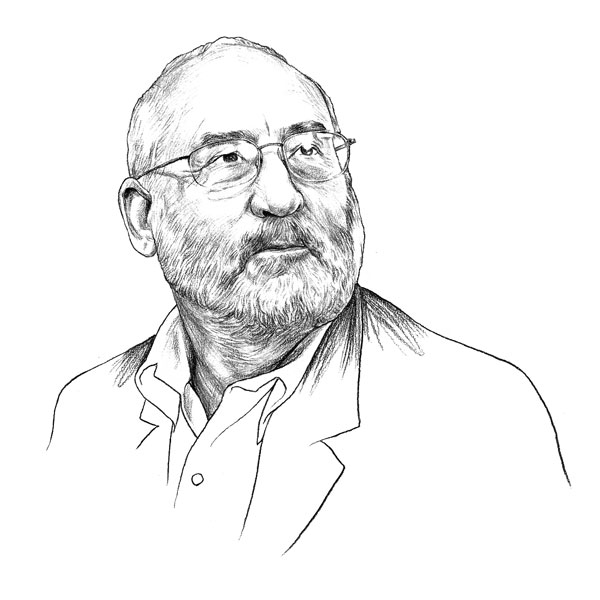
It's said that the day when the arms dealer Alfred Nobel picked up his newspaper and was shocked to find an obituary calling him a "merchant of death," he decided to dedicate the rest of his life to supporting peace and prosperity. Hence the Nobel Prize. It was good that he changed, because he has made it possible for us to honor people who have changed our view of the world for the good.
Joe Stiglitz, 68, has chaired President Clinton's Council of Economic Advisers, served as the World Bank's chief economist and developed theories that will be remembered long after current controversies die down, because he has delivered to us a better understanding of economics, particularly with the crucial insight that markets aren't always efficient.
The return to political economy is under way — even if the journey is through the rather messy area of behavioral economics — after the revelations of the deficiencies of a purely market-based approach. Joe's Nobel Prize–winning work on information asymmetries is a crucial part of this journey.
He got the Asian crisis right, foresaw the bubble that caused such havoc in 2008 and is advocating global answers to a host of problems that can no longer be solved at the local or national level. This worldview is the essential dimension missing in economic-policy making but which has to be at the core of the next ways forward. Now a distinguished professor at Columbia, Joe is a brilliant intellect, a great conversationalist, and because his work goes on challenging us all to rethink our ideas, he will always be a controversialist wherever he goes.
Brown is a former Prime Minister of the U.K. and the author of Beyond the Crash: Overcoming the First Crisis of Globalization